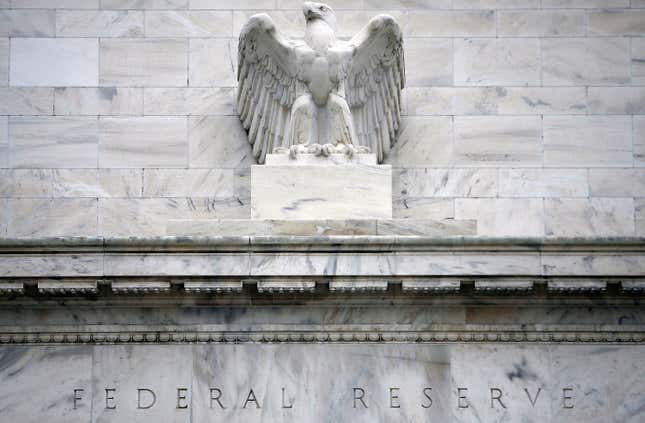
The COVID-19 pandemic has unleashed a new level of economic strain upon the American public with very little precedent. The United States government has taken action by authorizing massive levels of federal spending. Unfortunately, these efforts are hampered with a lot of shadiness.
Politico reports that the recovery law that provides $450 billion in bailout spending allows the Federal Reserve to hold meetings without alerting the public and withholding records about what happened in these meetings. This is a change to a long-standing rule that the Reserve must announce meetings a day in advance and maintain a record of what was decided in those meetings. This move, compounded with President Trump saying he doesn’t intend to comply with Congressional oversight and firing the inspector general who was head of oversight on the stimulus package, makes this whole effort look increasingly sketchy.
From Politico:
While Treasury Secretary Steven Mnuchin will dole out roughly $50 million in bailout funds [to] help certain sectors of the economy such as the airline industry, the biggest pool of funding in the recovery bill — $450 billion — to rescue businesses and municipalities will be managed by the Fed.
Black communities have been disproportionately affected by COVID-19 in both the severity of the disease and the economic ramifications that have come as a result of the pandemic. With no oversight and no pressure to keep public record, black businesses and predominantly black communities could be left out of the recovery effort with no explanation. The more information that comes out about the stimulus effort, the more it appears that we don’t factor into the federal government’s thinking.
One of the other concerning aspects of this move is that the president’s business associates could be given preferential treatment when it comes to stimulus spending. Given that the pandemic seems to be enriching his friends, it’s not out of the realm of possibility. With no public record, there’d be little recourse should this prove to be the case.

